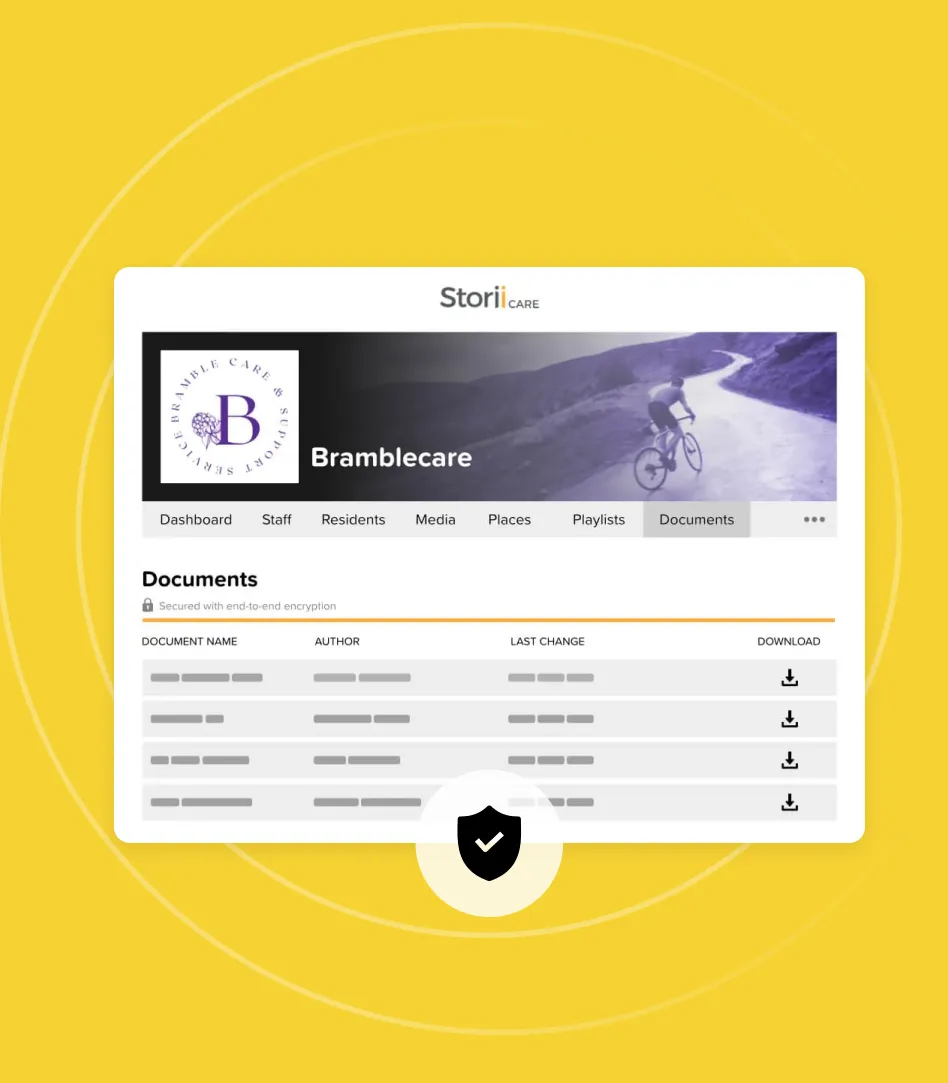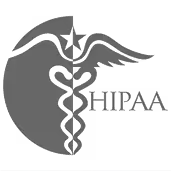In the world of adult day services, home care, and residential care, progress notes are more than paperwork - they’re the story of each participant’s care journey. Accurate and timely documentation supports communication, ensures compliance, and helps demonstrate the quality of care your organization provides.
But let’s be honest: recording progress notes can feel time-consuming and repetitive. The good news? With the right approach (and tools like StoriiCare), progress notes can become quick, consistent, and meaningful.
Here are the top tips for recording better progress notes that improve care quality and save your staff time.
1. Record Notes in Real Time
Why it matters:
The longer you wait to record, the more details you forget. Real-time notes are more accurate, thorough, and reliable, reducing the risk of errors or omissions.
How to apply it:
Encourage staff to document progress as events occur. With StoriiCare, caregivers can easily record notes from any device, even mid-shift, ensuring nothing important slips through the cracks. Additionally, StoriiCare saves Progress Note drafts. This means if a staff member gets pulled away, they can come right back and pick up where they left off!
2. Keep It Objective
Why it matters:
Progress notes should capture what happened, not opinions or assumptions. Objective language helps maintain professionalism and ensures your notes can withstand audits or reviews.
How to apply it:
Stick to observable facts and measurable details.
✅ Say: “Participant refused lunch and appeared withdrawn.”
🚫 Avoid: “Participant was being difficult.”
3. Categorize Effectively
Why it matters:
Using Progress Note tags helps categorize and organize. Using the Tag filters helps staff identify patterns, find important information quickly, and generate custom reports.
How to apply it: Ensure “note tags” is enabled in Progress Notes settings. Add tags to the list and color-code the tag badges. To apply one or multiple tags to a Progress Note, simply select the relevant tag(s) from the dropdown menu when writing a note. Examples of commonly used tags include: Behavioral Issue, Family Communication, PT Notes, OT Notes, Day Shift, Night Shift, etc.
4. Be Concise, Yet Comprehensive
Why it matters:
You don’t need to write a novel, just enough to capture key details that reflect the participant’s condition, actions taken, and results. Overly long notes slow staff down and bury important information.
How to apply it:
Focus on these essentials:
- What happened
- What actions were taken
- The participant’s response
- Any follow-up required
While there’s nothing to keep you from implementing a specific note structure now, StoriiCare will be adding customizable Progress Note templates in a future update!
5. Share Important Notes with Caregivers
Why it matters:
Progress notes often contain important and timely health information that family caregivers want to be informed of or receive updates about.
How to apply it: Ensure that the ‘Share with Connections’ option is enabled in Progress Notes settings. Progress Notes are never shared with Connections by default, even with this setting turned on. To share a specific note with the Connection(s), staff must select the share button (located in the top, right-hand corner of the note box next to the ‘flag’ icon).
- Only include relevant information.
- Avoid using other participants’ names.
- Only share the Progress Notes that need to be shared.
With StoriiCare, all notes are encrypted and stored securely in compliance with HIPAA and GDPR standards, so you can document and share with confidence.
6. Review and Reflect Regularly
Why it matters:
Documentation isn’t just for compliance — it’s a valuable tool for reflection and improvement. Reviewing notes helps identify patterns, emerging needs, and areas for staff development.
How to apply it:
Supervisors can use StoriiCare’s Notes export to review notes by staff member, participant/group, tag, or time period. This makes supervision, auditing, and quality assurance far simpler.
Make Documentation Easier with StoriiCare
Recording Progress Notes doesn’t have to be a burden. StoriiCare makes it intuitive, fast, and meaningful — helping your team focus more on care and less on paperwork.
With tags, real-time entry, and secure storage, your staff can record consistent, high-quality notes that tell the real story of the care you provide.


.png)

.png)

.png)










